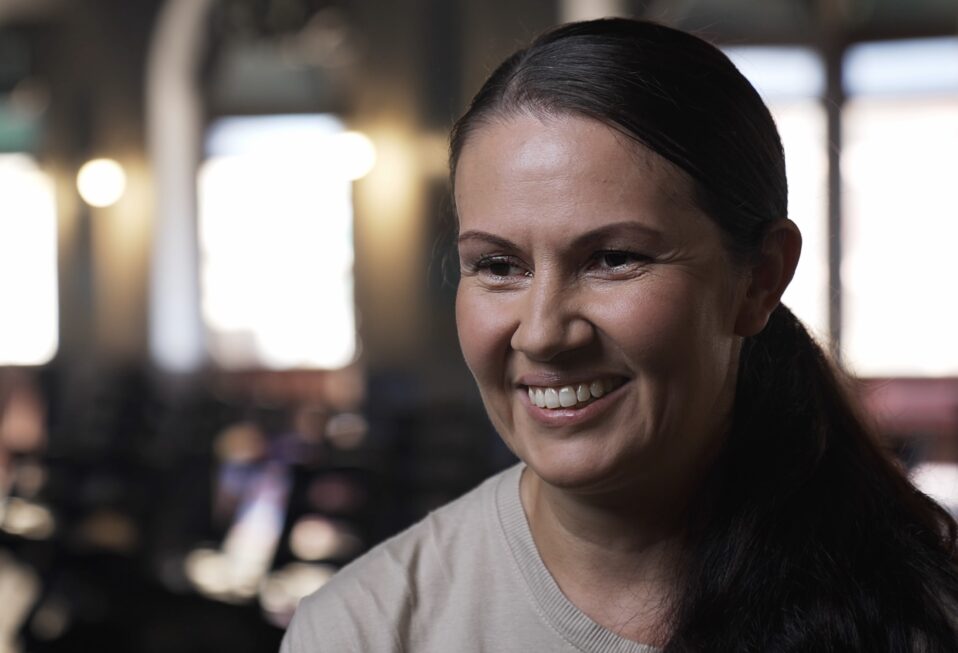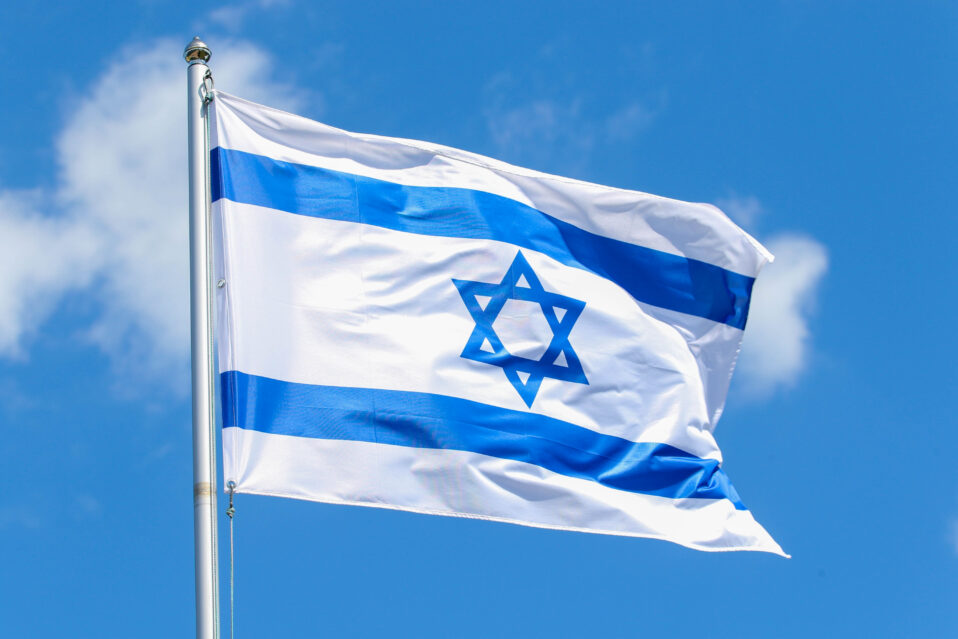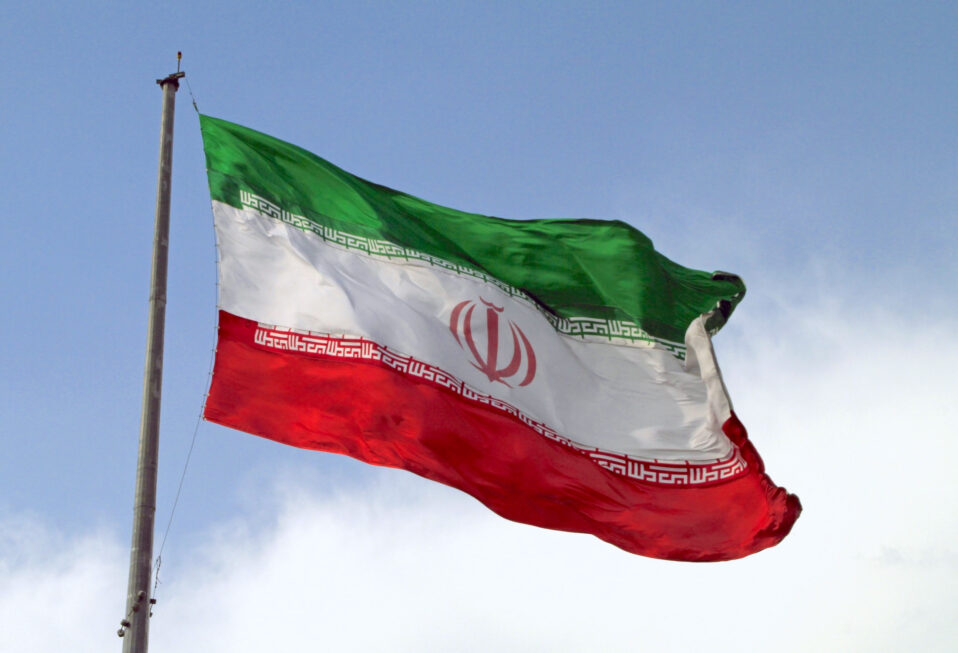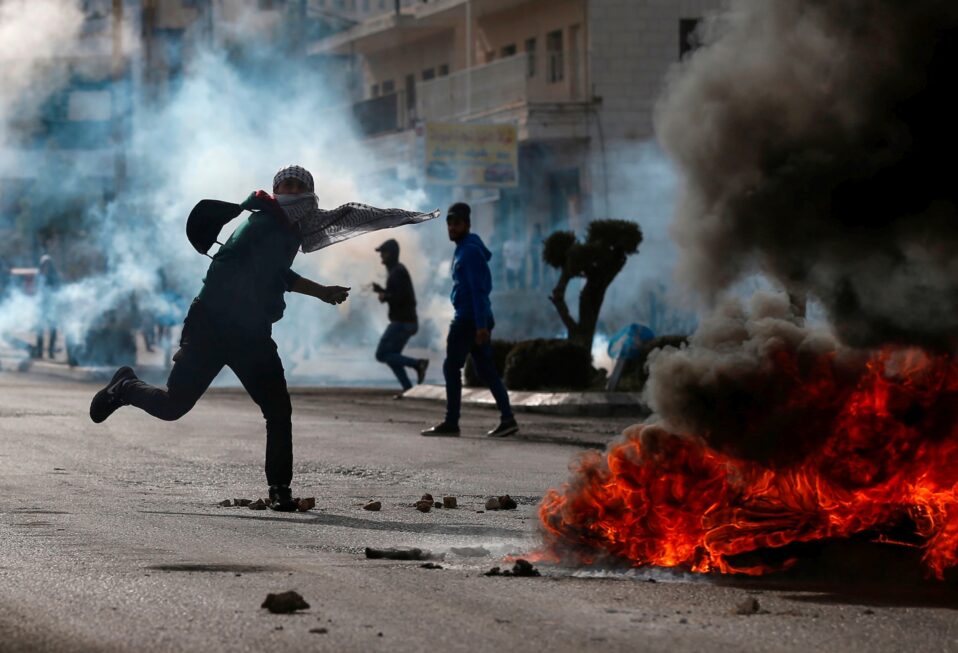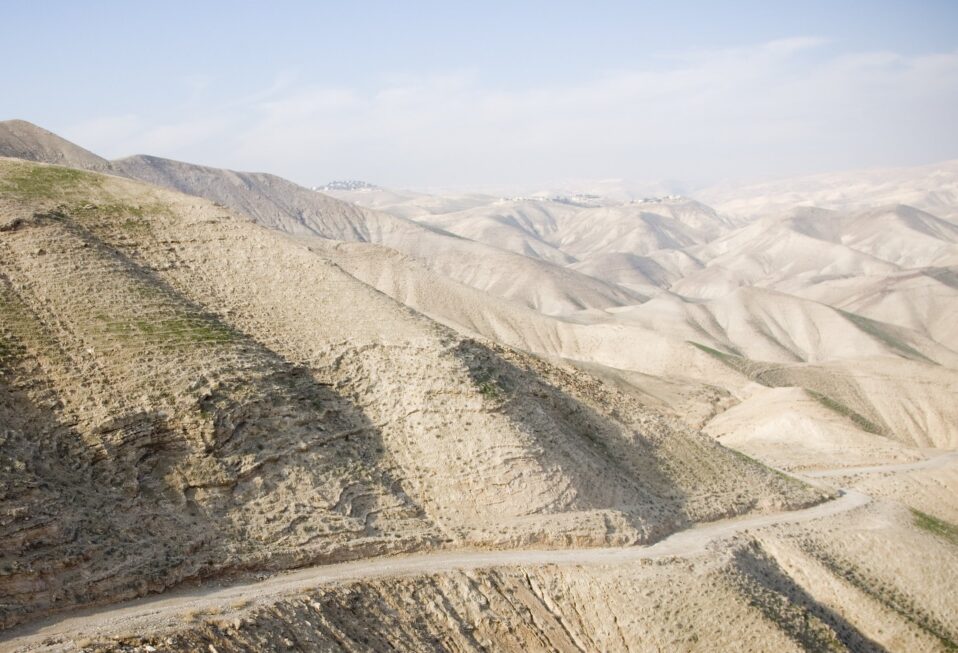By Arlene Bridges Samuels
The October 7 invasion and massacre signaled a resurgence of lies even as the world’s only Jewish state fought for its modern existence—in a war it did not begin, yet was forced to fight. Aided by the mainstream media and Jew-hating people and nations, Cyberspace Jihad is nothing less than a social media tsunami sweeping blame and shame upon Israelis.
Backed by the Islamic Regime, the world’s biggest terror-sponsoring country, the October 7 war is shocking in its intensity. One of God’s titles, Commander of Angel Armies, assures us that He will exert His plan in His time. However, those who trust God and His eternal covenants with Jews have a part to play so that our silence does not transform into apathy.
“The spreading of ideas, information, or rumor for the purpose of helping or injuring an institution, a cause, or a person.” This simple definition of propaganda may sound bland, but an unscrupulous, destructive use of propaganda can result in world-changing events. In fact, the slander against Israel after 10 months of unasked-for war has turned the world against a nation that has benefited thousands if not millions of people with its innovations, humanitarian aid, and medical discoveries.
We the people must BE the mainstream media, both individually and as groups. Rewinding back to the pre-Nazi era will help equip us with purpose and vigilance. Our citizenry must choose facts and reliable sources to expose the web of propaganda (both foreign and domestic) that is encircling Israel, our country, and the entire globe.
We Gentiles who are not in Israel must recognize another kind of war. It is time to dig trenches of truth and shovel facts out into the open to oppose the Cyberspace Jihad. Pay attention to the words of Winston Churchill, who in 1948 warned the House of Commons in a speech paraphrased from philosopher George Santayana: “Those who fail to learn from history are condemned to repeat it.” Our advocacy toolbox at this most dangerous time for Israel—and for Americans, with Iran actively involved in domestic propaganda in the United States—must include knowledge about Hitler’s infamous formula that is now repeating itself.
The origins of dangerous culture-altering propaganda reside in one book and two men: the 1925 book Mein Kampf by Adolph Hitler and Joseph Goebbels. Goebbels was Germany’s minister of propaganda. Hitler hired this mastermind and gave him his official propaganda title. Goebbels is infamous for carrying out the Nazi deception. It should not be surprising that today, the Israel Defense Forces (IDF) are finding copies of Mein Kampf in Arabic—in Gazan apartments. Goebbels, who stood 5 feet 5 inches tall and was nicknamed the “Poison Dwarf,” implemented Hitler’s demonic strategies with the “big lie.”
When reading some of Hitler/Goebbels’ quotes, think about the current non-stop slander against Israel and against Jewish communities worldwide. The Islamic Regime and its proxies—Hamas, Hezbollah, the Palestinian Authority, and Palestinian Islamic Jihad—have infected the world with hatred, the underpinning of propaganda. Jew hatred has the unfortunate designation as the world’s oldest hatred, yet now it is visible to anyone among the 8 billion world population with a mobile phone.
Some wily propagandists accuse Israel of committing the October 7 atrocities themselves—upon their own citizens. Others say Hamas’s viciousness never happened. Hitler himself proudly claimed that his propaganda technique was “so colossal” that no one would believe it would even be attempted. He called it “impudence to distort the truth so infamously.” Too many Germans fully based their loyalty to Hitler on colossal lies.
Hitler’s book listed many strategies; however, understanding even a few of them will be helpful.
- Hitler: “The most brilliant propagandist technique will yield no success unless one fundamental principle is borne in mind constantly—it must confine itself to a few points and repeat them over and over.” Goebbels: “If you repeat a lie often enough, people will believe it, and you will even come to believe it yourself.” Many in mainstream media seem to believe the lies themselves—after repeating them day after day.
- Another perspective appears in a book, The Mind of Adolph Hitler, written in 1943 by psychoanalyst Walter C. Langer. He described Hitler’s strategy this way. “His primary rules: never allow the public to cool off; never admit a fault or wrong; never concede that there may be some good in your enemy; never leave room for alternatives; never accept blame; concentrate on one enemy at a time and blame him for everything that goes wrong.” Langer was respected by the United States Office of Strategic Services (OSS), which was established in 1942 as the first independent intelligence agency in the United States. It has long been considered the precursor to the CIA.
In Germany, first it was book burnings, then Kristallnacht (the Night of Broken Glass, which involved the destruction of over 7,000 Jewish businesses), mandated yellow stars on clothing, and finally trains filled with Jewish families destined for death. All the while, Goebbels, German elites, and German citizens found fascination in elegant parties, massive rallies, parades, and cultural events glorifying Hitler. I am reminded of two Palestinian leaders: Hamas leader Ismail Haniyeh (now eliminated), who lived in luxury in Qatar collecting big bucks, and Palestinian Authority President Mahmoud Abbas, who lives in a multimillion-dollar mansion in Ramallah, who adds money to his Swiss bank account.
Too many Christians have needlessly given up on current news and have lagged in learning facts about Israel. We must press on. Here are Christian and Jewish media that will restore your outlook. Explore, then share truth to oppose Cyberspace Jihad:
- CBN News
- All Israel News
- The Jerusalem Connection Report
- CAMERA
- Palestinian Media Watch
- Foundation for Defense of Democracies
We welcome you to join our CBN Israel team this week, determining to move forward in prayers and actions by reflecting on Isaiah 40:31—“But those who hope in the LORD will renew their strength. They will soar on wings like eagles; they will run and not grow weary, they will walk and not be faint.”
Prayer Points:
- Pray fervently for safety for the IDF as they fight a multi-front war.
- Pray for all Israelis for safety and strength at this most dangerous time.
- Pray for Christians to oppose Cyberspace Jihad by sharing facts.
- Pray for American soldiers who are in harm’s way in Iraq, lest they be attacked again by Iran.
Arlene Bridges Samuels pioneered Christian outreach for the American Israel Public Affairs Committee (AIPAC). After she served nine years on AIPAC’s staff, International Christian Embassy Jerusalem USA engaged her as Outreach Director part-time for their project, American Christian Leaders for Israel. Arlene is an author at The Blogs-Times of Israel and has traveled to Israel since 1990. She co-edited The Auschwitz Album Revisited and is on the board of Violins of Hope South Carolina. By invitation, Arlene attends Israel’s Government Press Office Christian Media Summits. She also hosts her devotionals, The Eclectic Evangelical, on her website at ArleneBridgesSamuels.com.



